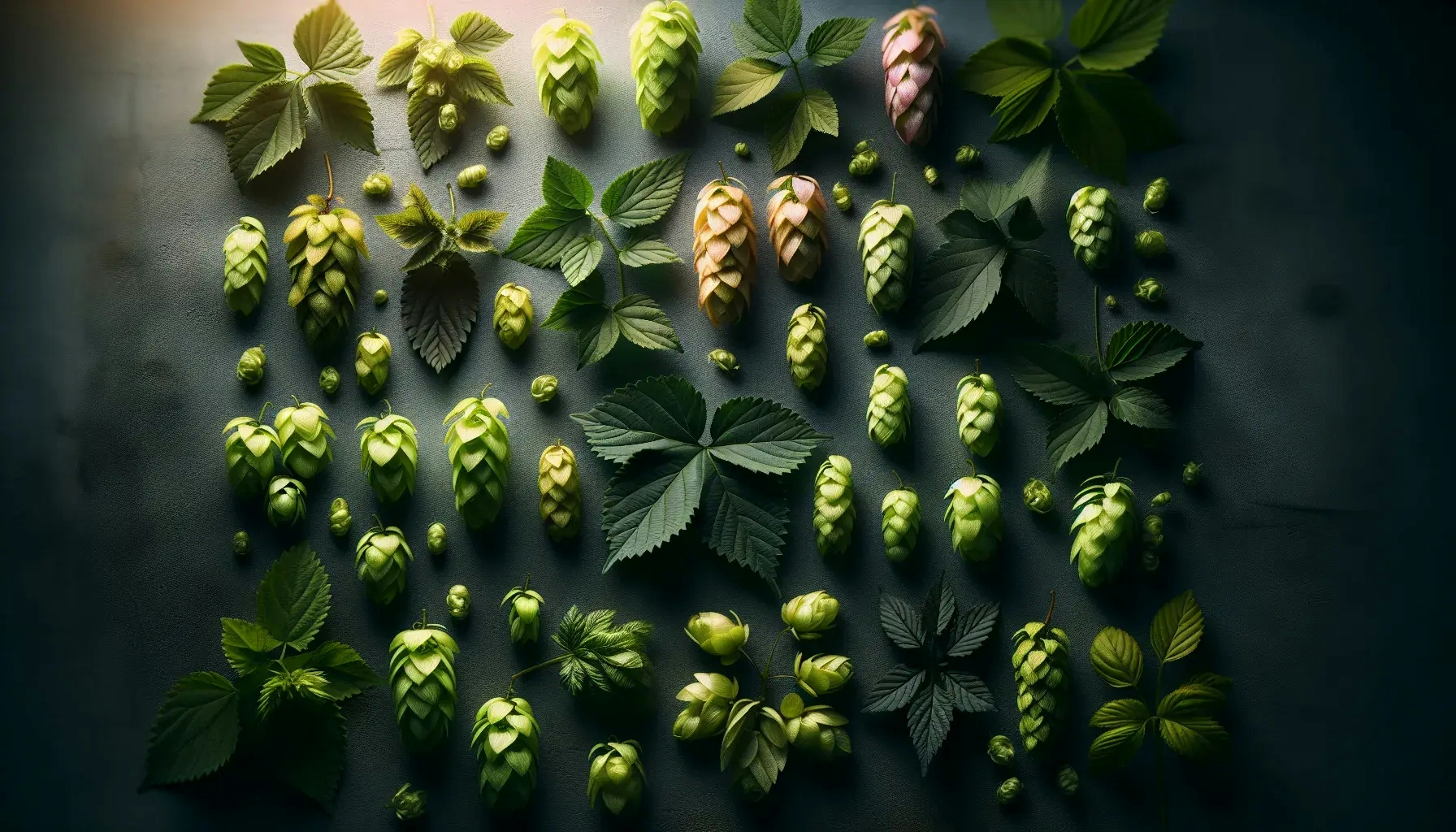Welcome to a deep dive into the world of beer, where we explore the pivotal role of hops and their varieties in shaping the flavor of our beloved brew. This post will guide you through the history, types, and significance of hops in beer-making, and how they contribute to the unique taste profiles we all enjoy.
The History of Hops in Brewing
Hops have a rich history in brewing, dating back to the 9th century. Monks in medieval Europe first discovered their preservative qualities and began incorporating them into their brewing process. Over time, brewers recognized that hops not only extended the beer's shelf life but also enhanced its flavor.
The use of hops in brewing spread across Europe and eventually reached the shores of America with the early settlers. Today, hops are a fundamental ingredient in beer production worldwide, contributing to the beer's aroma, flavor, and stability.
Understanding Hops and Their Role in Brewing
Hops are the flowers of the Humulus lupulus plant, a member of the hemp family. They are small, green, cone-shaped flowers that pack a punch when it comes to flavor. Hops contribute bitterness to balance the sweetness of the malt, add aromatic qualities, and provide a natural preservative.
The bitterness in beer comes from the alpha acids found in hops. During the brewing process, these acids are released into the beer, countering the malt's sweetness. The balance between the bitterness of the hops and the sweetness of the malt is what defines the beer's flavor profile.
Varieties of Hops and Their Flavor Profiles
There are over 120 varieties of hops, each with its unique flavor and aroma profile. These varieties can be broadly categorized into three groups: bittering hops, aroma hops, and dual-purpose hops.
Bittering hops are high in alpha acids and are used primarily for their bittering qualities. Aroma hops, on the other hand, have a lower alpha acid content and are used to enhance the beer's aroma. Dual-purpose hops, as the name suggests, serve both purposes.
Each hop variety imparts a unique flavor to the beer. For instance, Cascade hops, a popular variety in American craft beers, provide a citrusy, grapefruit-like flavor. On the other hand, Saaz hops, used in traditional Czech Pilsners, offer a more earthy, herbal note.
The Art of Hop Selection in Brewing
The selection of hops in brewing is an art. Brewers meticulously choose the hop variety, considering its alpha acid content, flavor profile, and how it will interact with the other ingredients. The timing of hop addition during the brewing process also plays a crucial role in the final taste of the beer.
Early addition of hops leads to more bitterness but less aroma, as the volatile compounds responsible for the aroma evaporate during boiling. Conversely, adding hops later in the brewing process results in a beer with a strong hop aroma but less bitterness.
The Impact of Terroir on Hops and Beer Flavor
Just like grapes in winemaking, the terroir significantly impacts the flavor profile of hops. The same hop variety grown in different regions will produce beers with distinct flavors. Factors such as soil type, climate, and farming practices all contribute to the terroir.
For instance, Hallertau Mittelfrüh, a noble hop variety grown in Germany, is known for its delicate floral and spicy notes. However, when grown in the United States, the same variety exhibits a more pronounced citrus character.
The Future of Hops in Brewing
The future of hops in brewing looks promising. With the craft beer revolution, brewers are experimenting with new hop varieties and brewing techniques to create unique and complex flavor profiles. Advances in hop breeding and cultivation are also leading to the development of new varieties with exciting flavor potentials.
Moreover, the growing interest in sustainable brewing practices is driving the use of local hop varieties, further enriching the diversity of beer flavors.
The Last Drop: Hops and Their Influence on Beer Flavor
In conclusion, hops play a crucial role in defining the flavor of beer. Their varieties, each with unique characteristics, contribute to the vast spectrum of beer flavors we enjoy today. As we continue to explore and experiment with different hop varieties and brewing techniques, the world of beer will only become more diverse and exciting.

